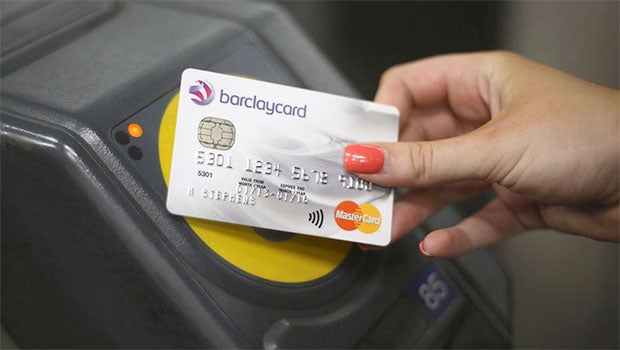Contactless cards to replace paper tickets on UK trains

The days of frantically searching every pocket for those orange tickets as the train warden does his rounds, could soon be coming to an end.
Under new plans reported by the Telegraph, commuters will be able to use their contactless debit or credit cards as their paperless train tickets.
Similar to the way Oyster cards work in London, travelers will be able to tap their cards on readers at the station, providing it is the card used to purchase the tickets online.
See also: London black cabs to accept contactless payments
The scheme is being spearheaded by the UK Cards Association, along with the Department for Transport and the Rail Delivery Group.
The Rail Delivery Group’s Jacqueline Starr told the Telegraph: “Alongside the UK Card Association, we are in the early stages of exploring how passengers could pay for and store tickets on their contactless credit or debit cards.
“
A switch to a contactless system would make the process of buying tickets and obtaining them much easier.
Currently commuters have to track down a machine at the station and insert their debit card before typing in a reference code.
We all know how difficult staff can be at stations when you don’t have the correct card or the reference code, so such a scheme would surely improve life for everyone. Especially when you have two minutes to get to the platform and there are countless folks piddling about at the machines.
According to the Telegraph’s report, it could happen as soon as next year.


